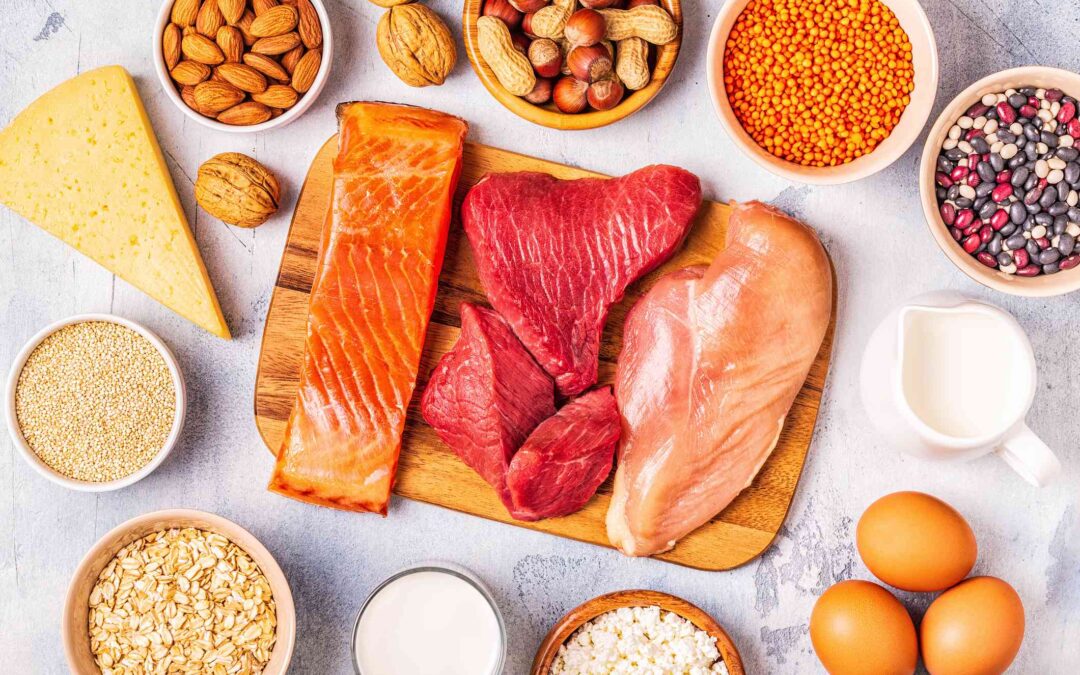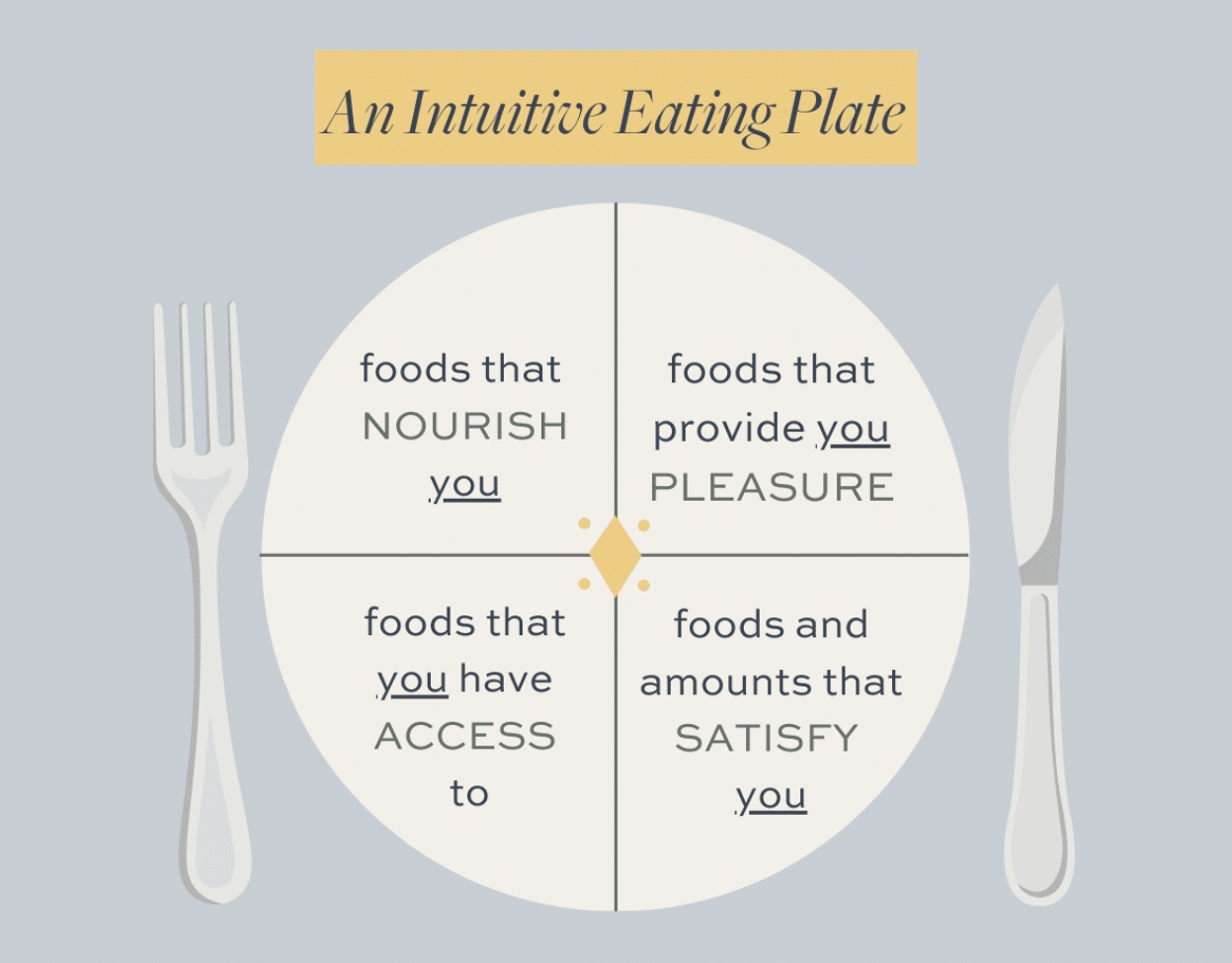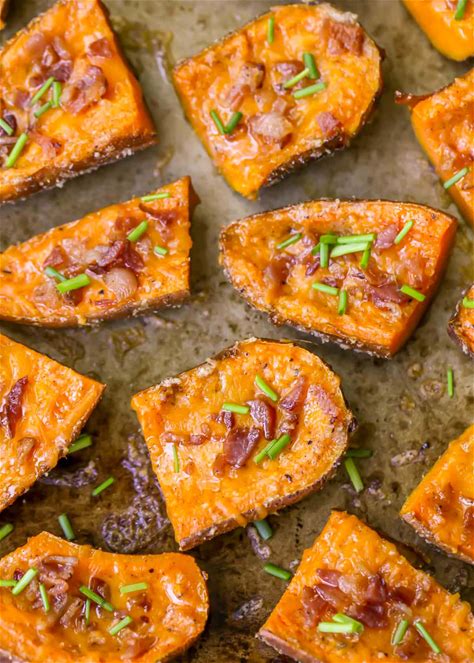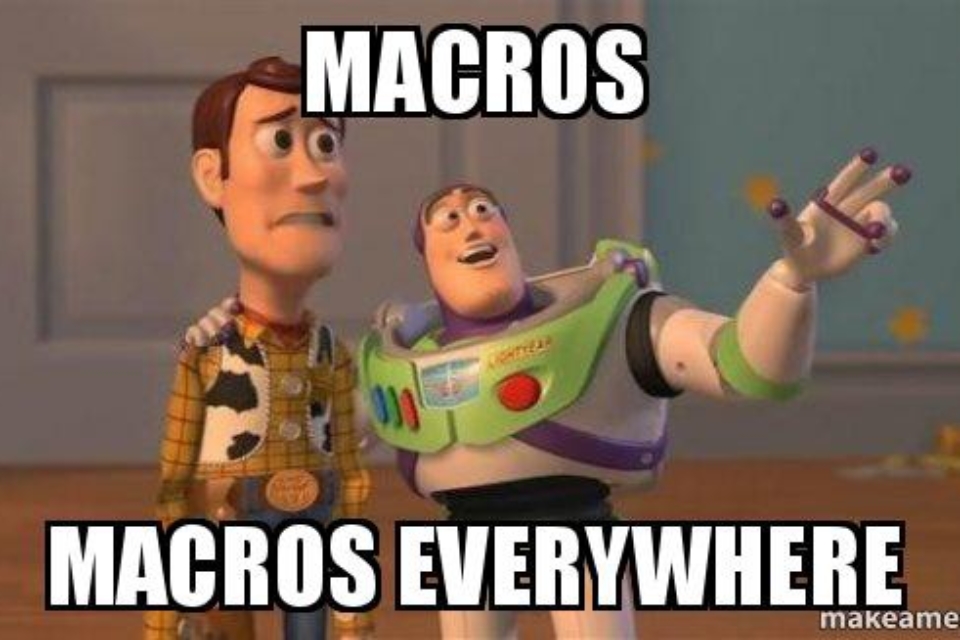If you’ve been on the weight-loss rollercoaster, you’ve probably heard “Eat more protein” more times than you can count. But is upping your protein really about weight loss — or something deeper?
The truth is, protein doesn’t directly cause fat loss. What it does do is help your body work more efficiently — making weight loss easier to maintain and more sustainable. For my clients, I usually start with 0.6–0.8g per pound of body weight, or use lean body mass if we have that number.
For example, if you’re a 200-lb male, about 180g of protein per day is a strong starting point for your macros.
But why protein?
1. Protein is the foundation of muscle and organ repair.
Your muscles are built from fibers whose building blocks are amino acids. Protein contains these amino acids, which are essential for repair, recovery, and strength. Whether you lift weights, run, or just live an active lifestyle, protein is what keeps your body rebuilding instead of breaking down.
2. Protein supports your bones and connective tissue.
Collagen — the most abundant protein in your body — plays a key role in bone density, joint stability, and even skin elasticity. A diet rich in quality protein (or supplemental collagen) supports stronger joints, better posture, and healthier hair, skin, and nails.
3. Protein keeps you full longer.
Out of all three macros, protein is the most satiating. It helps regulate hunger hormones and keeps blood sugar steady, so you’re not rummaging through the pantry an hour after eating.
Try it: a breakfast of eggs, turkey sausage, and Greek yogurt will carry you much further than a bowl of cereal or a bagel.
4. Protein speeds recovery.
From injury rehab to soreness after workouts, consistent protein intake helps repair tissue damage. That’s why recovery shakes, cottage cheese, or lean meats after training are more than a trend — they’re part of the rebuilding process.
5. Protein helps preserve muscle during weight loss.
When you’re in a calorie deficit, your body will pull energy from anywhere it can. If your protein intake is low, that “anywhere” can include muscle tissue. Adequate protein helps your body burn fat while keeping the muscle you’ve worked hard to build — which keeps your metabolism higher over time.
6. Protein improves metabolism and thermogenesis.
It actually costs your body more energy to digest protein compared to carbs or fats. That means every high-protein meal slightly boosts calorie burn, even while resting.
So what counts as “real” protein?
Think whole, natural sources:
- Eggs and egg whites
- Chicken, turkey, lean beef, fish, pork tenderloin
- Greek yogurt, cottage cheese
- Whey or casein protein powders
- Collagen peptides
- Lentils, beans, and tofu (for plant-based diets)
And here’s a myth buster: peanut butter isn’t a protein source. It has protein, but it’s primarily a fat. Don’t fall into the “protein-by-association” trap.
As we keep breaking down the macros — protein, carbs, and fats — the picture starts to get clearer. You’ll begin to understand how to build a plate that fuels your goals instead of fighting them. And that’s where sustainable nutrition truly begins.




